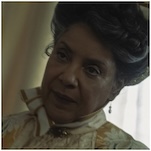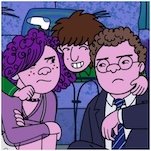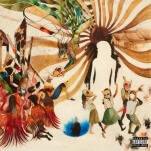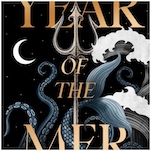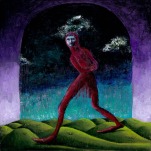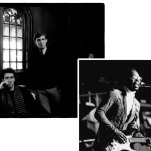Queen Sugar Offers a Sincere Depiction of Vulnerable, Black Men on TV
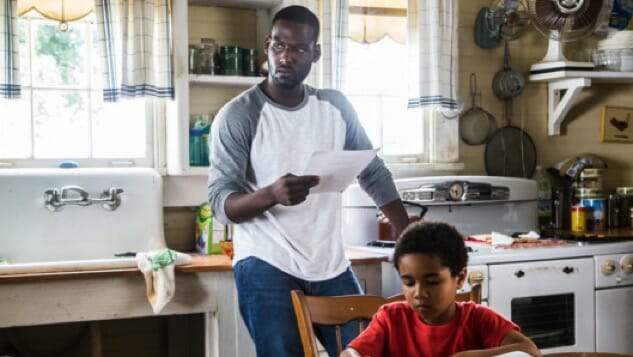
It’s an all too rare experience to see Black men being vulnerable in any capacity, in their depiction in mainstream media. It has somehow conditioned many to believe that black men are incapable of such an emotion, and as a result, few black men have the privilege of seeing their vulnerability reflected in black characters on TV.
Queen Sugar, created and directed by filmmaker Ava DuVernay offers an intimate look at the life of an African American family in Louisiana, and it also gives a distinctive platform for black male characters, in direct opposition to the stereotypes often associated with them. The series, executive produced by Oprah Winfrey, has spellbound viewers with writing, cinematography, acting and compelling characters that have raised the standards of storytelling on TV. The series follows the lives of the Bordelon siblings, Ralph Angel, Charley and Nova, as they unite for the sake of saving their late father’s struggling 800-acre sugarcane plantation, all of which invites a new (and authentic) exploration into black culture on TV.
DuVernay’s directive eye zeroes in on Ralph Angel (Kofi Siriboe), a recent parolee and single father who is flawed, complex and looking for a fresh start. He’s straddling two worlds, and often leans on his survival instincts (which is how he ends up robbing a liquor store in the premiere), but it’s clear he wants to be a better example for his 5-year-old son Blue (Ethan Hutchison). Blue can be seen carrying around a doll he lovingly calls Kenya, a seemingly small addition to his character that works in a huge way to oppose gender norms. That his father lovingly acknowledges the doll as an extension of his son, without ever tormenting him for his innocent attachment, is even more important.
Siriboe tweeted to fans, that his character represents an aspect of many black men that we know. He wrote, “Let’s look at black men through a different lens. See Ralph Angel and think of the men in your life. We just want to be loved.”
The premiere of Queen Sugar thoughtfully fills a void for depictions of black men in their roles as fathers and sons. It punctures the “fatherless” narrative that has run rampant in the way so many stories allegedly concerned with black culture or black lives are delivered to us by white media. I would argue that such expectations go so far as to condition men to reject affection and even their own vulnerability.
-

-

-

-

-

-

-

-

-

-

-

-

-

-

-

-

-

-

-

-

-

-

-

-

-

-

-

-

-

-

-

-

-

-

-

-

-

-

-

-


